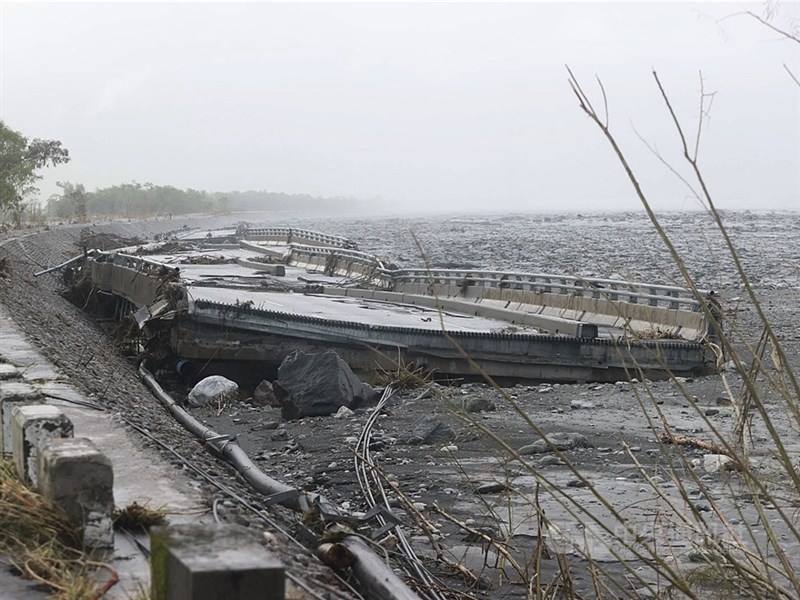A Referendum Act was first introduced to Taiwan in 2003, but it was not until it was revised in 2018 to lower the thresholds needed to bring an initiative to a vote that Taiwanese citizens were more often called upon to vote.
(Full text of the story is now in CNA English news archive. To view the full story, you will need to be a subscribed member of the CNA archive. To subscribe, please read here.)
More in FEATURE
![Amid obstacles, Taiwan businessman still seeking WWII tragedy closure]() Amid obstacles, Taiwan businessman still seeking WWII tragedy closureWorld War II may have ended 80 years ago, but for businessman Hsu Shun-lung (許順隆), it continues to echo in Taiwan through a tragedy that has yet to be brought to a final resolution.12/27/2025 09:48 AM
Amid obstacles, Taiwan businessman still seeking WWII tragedy closureWorld War II may have ended 80 years ago, but for businessman Hsu Shun-lung (許順隆), it continues to echo in Taiwan through a tragedy that has yet to be brought to a final resolution.12/27/2025 09:48 AM![End of an era: Tai Tzu-ying and her legacy]() End of an era: Tai Tzu-ying and her legacyLate Friday night, former world No. 1 female badminton player Tai Tzu-ying (戴資穎) officially announced her decision to hang up her racket via social media, drawing to a close a professional career that has spanned over half of her 31 years of life.11/08/2025 05:00 PM
End of an era: Tai Tzu-ying and her legacyLate Friday night, former world No. 1 female badminton player Tai Tzu-ying (戴資穎) officially announced her decision to hang up her racket via social media, drawing to a close a professional career that has spanned over half of her 31 years of life.11/08/2025 05:00 PM![Hualien flood leaves Taiwan grappling with disaster response gaps]() Hualien flood leaves Taiwan grappling with disaster response gapsOn Sept. 23, a historic downpour caused the Matai'an Barrier Lake in Hualien to burst its banks, sending 60 million tons of water and debris through Guangfu Township and killing at least 19 people.10/16/2025 05:02 PM
Hualien flood leaves Taiwan grappling with disaster response gapsOn Sept. 23, a historic downpour caused the Matai'an Barrier Lake in Hualien to burst its banks, sending 60 million tons of water and debris through Guangfu Township and killing at least 19 people.10/16/2025 05:02 PM
Latest
- Cross-Strait
Former Legislative Speaker Su Jia-chyuan named SEF chairman
01/13/2026 09:45 PM - Business
Tax revenue misses 2025 target due to U.S. tariffs, credit controls: MOF
01/13/2026 09:33 PM - Politics
Lai thanks Canada for supporting peace in Taiwan Strait
01/13/2026 09:07 PM - Society
Ministry defends HSR extension to Yilan amid calls to halt project
01/13/2026 09:04 PM - Business
TWSE-listed firms report highest-ever sales as AI boosts tech sector
01/13/2026 08:43 PM


